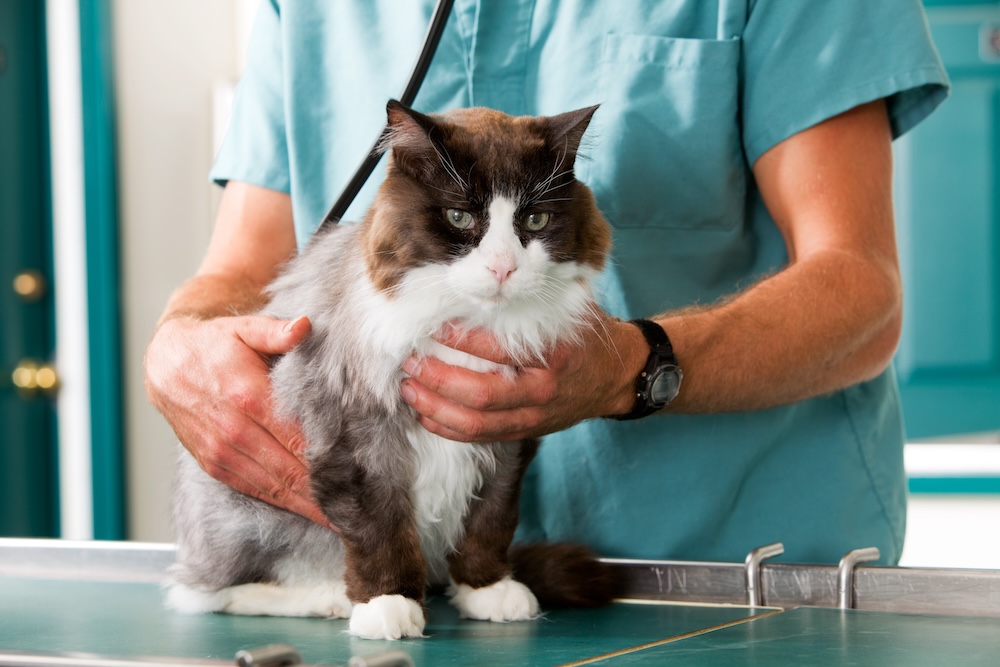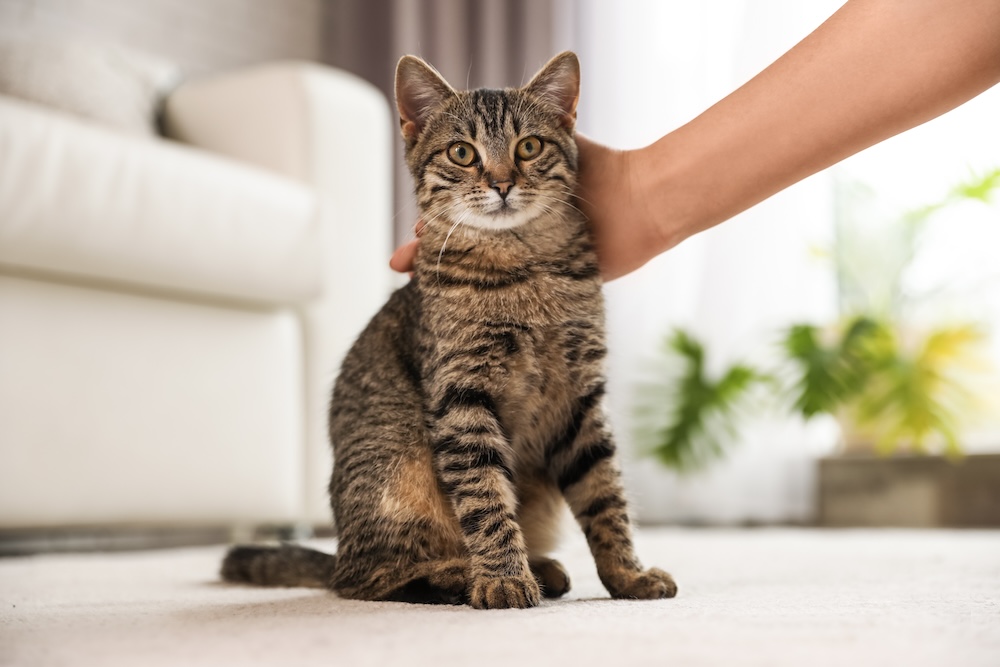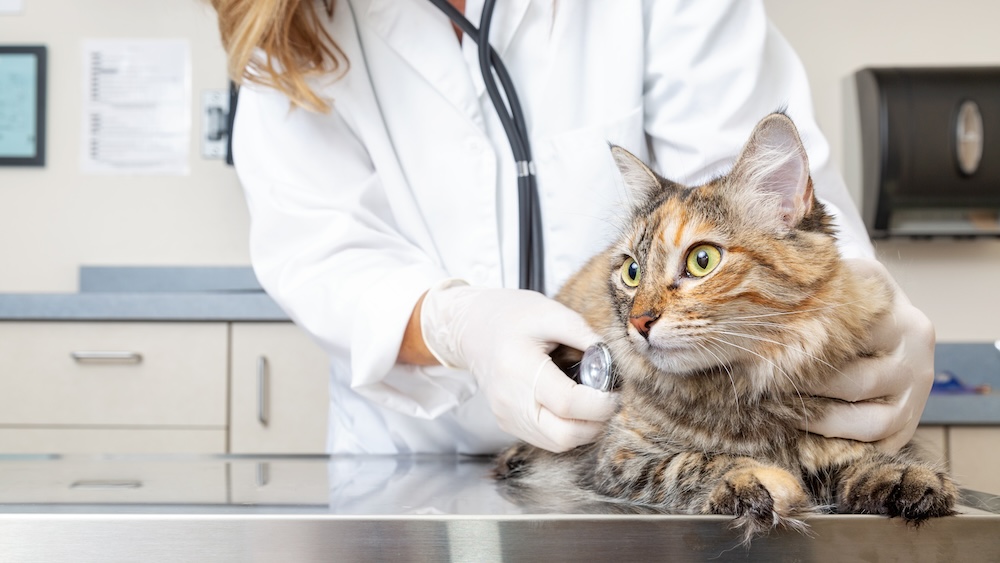Cats, with their mysterious and independent nature, have a special way of hiding discomfort or illness, often making it challenging for even the most attentive pet owners to recognize signs of disease. At Faithful Friends Veterinary Clinic, we prioritize educating cat owners about common feline diseases, their symptoms, and preventive measures to ensure our whiskered friends lead long, healthy lives. This article delves into several prevalent cat diseases, aiming to equip you with the knowledge to better care for your feline companion.
The Pillars of Feline Health
Feline health extends beyond the absence of disease. It encompasses physical well-being, mental stimulation, and emotional comfort. Understanding these broader aspects can help you create an environment that nurtures your cat’s overall health.
Nutritional Well-being
A balanced diet tailored to your cat’s age, lifestyle, and health needs is fundamental. Cats are obligate carnivores, requiring high levels of protein and specific nutrients found in meat. Consult with your veterinarian to choose a diet that supports your cat’s health, considering any specific dietary requirements.
Mental Stimulation and Environmental Enrichment
Cats thrive in environments that cater to their natural instincts to explore, hunt, and play. Providing a variety of toys, climbing structures, scratching posts, and interactive play sessions can keep your cat mentally stimulated and physically active, preventing boredom and associated behavioral issues.
Emotional Comfort and Stress Reduction
Cats are sensitive to changes in their environment and routine, which can lead to stress. Maintaining a consistent routine, providing safe and quiet spaces for retreat, and minimizing exposure to stressors can help keep your cat calm and comfortable.
The Importance of Feline Preventive Veterinary Care
Regular veterinary check-ups are the cornerstone of maintaining your cat’s health. These visits allow for early detection of potential health issues and ensure that your cat is up-to-date on vaccinations and parasite control. Discussing your cat’s lifestyle and any changes in behavior with your veterinarian can also help address any concerns before they become significant issues.
Dental Health Maintenance
Dental health is an often-overlooked aspect of overall feline well-being. Dental disease can lead to pain, infection, and systemic health problems. Regular dental check-ups, professional cleanings, and at-home dental care routines are essential for maintaining your cat’s oral health.
Weight Management and Physical Health
Maintaining a healthy weight is crucial for preventing a host of feline health issues, including diabetes and joint problems. Regular exercise and portion control can help manage your cat’s weight. Your veterinarian can provide guidance on an appropriate diet and exercise regimen.
The Role of Routine and Familiarity
Cats are creatures of habit and take comfort in routine and familiarity. Sudden changes can be unsettling, so it’s essential to introduce any changes gradually. Establishing and sticking to a daily routine for feeding, play, and rest can provide a sense of security and well-being.
Exploring and Understanding Common Cat Diseases
Delving into the realm of feline health, it’s essential to cast a spotlight on specific common diseases that can significantly impact our feline friends’ lives. From the stealthy approach of chronic kidney disease to the acute distress of urinary tract disorders, understanding these conditions is paramount for any cat owner. In this section, we’ll navigate through the symptoms, causes, and management strategies for some of the most prevalent cat diseases, arming you with the knowledge to recognize early warning signs and seek timely intervention. Our aim is to empower you with insight and guidance, ensuring you’re well-equipped to support your cat’s health and well-being.
Upper Respiratory Infections (URIs)
Similar to the common cold in humans, URIs in cats are infections that affect the nose, throat, and sinus areas. Often contagious, they can be caused by various viruses and bacteria, with symptoms including sneezing, coughing, runny nose, fever, and lethargy.
Prevention: Keeping up with regular vaccinations and minimizing exposure to infected cats can help prevent the spread of URIs.
Feline Lower Urinary Tract Diseases (FLUTD)
FLUTD encompasses a range of conditions affecting the bladder and urethra. Symptoms include straining to urinate, bloody urine, urinating in unusual places, and, in severe cases, inability to urinate.
Prevention: Providing a stress-free environment, encouraging water intake, and offering a balanced diet can reduce the risk of FLUTD.
Chronic Kidney Disease (CKD)
CKD is a common ailment in older cats, characterized by the gradual loss of kidney function. Early signs can be subtle but may include increased thirst and urination, weight loss, and decreased appetite.
Prevention: Regular veterinary check-ups are crucial for early detection and management of CKD, as well as maintaining a balanced diet and adequate hydration.
Diabetes Mellitus
Feline diabetes occurs when a cat’s body cannot effectively use glucose due to insufficient insulin production or response. Symptoms include increased thirst and urination, weight loss, and increased appetite.
Prevention: Maintaining a healthy weight through diet and exercise can significantly reduce the risk of diabetes in cats.
Feline Immunodeficiency Virus (FIV) and Feline Leukemia Virus (FeLV)
FIV and FeLV are viral diseases that weaken the immune system, making cats more susceptible to other infections. Symptoms may include poor coat condition, recurrent infections, fever, and weight loss.
Prevention: Keeping cats indoors, away from potentially infected cats, and vaccination (for FeLV) can help protect against these viruses.
Dental Disease
Dental issues are incredibly common in cats and can lead to significant pain and health problems if untreated. Symptoms include bad breath, difficulty eating, and red or swollen gums.
Prevention: Regular dental check-ups, teeth cleanings, and dental care at home can prevent the onset of dental diseases.
Preventive Care: The Key to Feline Health
Understanding these cat diseases and their symptoms can aid in early detection and treatment, greatly improving your cat’s prognosis. However, the cornerstone of feline health lies in preventive care. Regular wellness exams at Faithful Friends Veterinary Clinic allow for early detection of health issues, providing an opportunity to address minor concerns before they become major problems.
Cats may not always show it, but they rely on us to keep them healthy and safe. By staying informed about common cat diseases and engaging in proactive, preventive health care, we can ensure our feline friends enjoy their nine lives to the fullest. At Faithful Friends Veterinary Clinic, we’re here to guide you through every step of your cat’s health journey, from kittenhood to their senior years. Together, we can create a healthier, happier life for your cherished pet.




